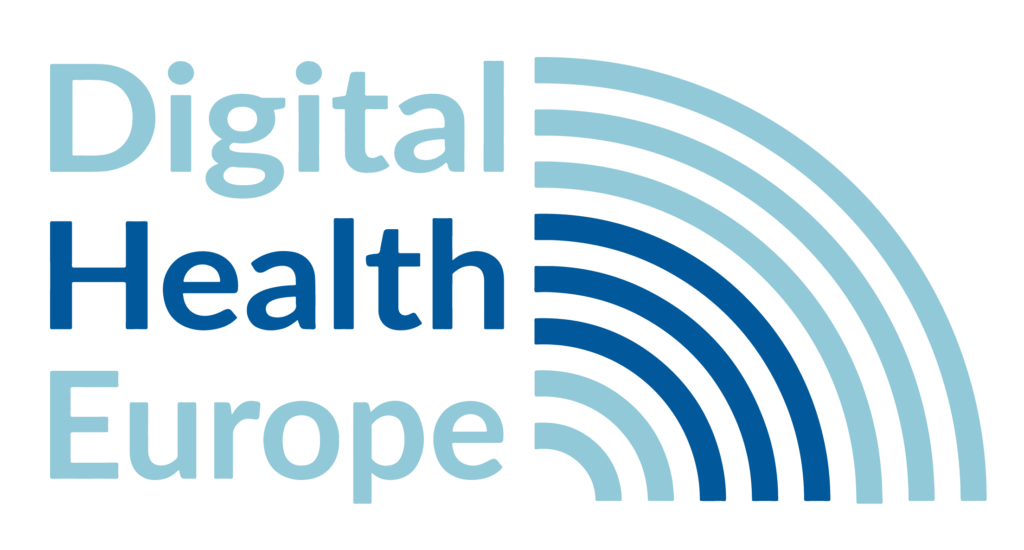Evaluation
- Implementation / process evaluation
- Impact evaluation
- Economic evaluation
- Readiness assessment
Implementation/process evaluation
Innovations in the health and care sectors can have substantial impacts, but poor implementation practices could compromise the expected outcomes. Evaluation should be integrated into all the innovation life cycle stages, to facilitate identifying challenges or weaknesses, allowing timely adaptations and improvements. Process evaluations routinely examine implementation processes, input and output indicators throughout the project. This allows predicting relationships between different intervention components, the effect on stakeholder groups, as well as the potential influence of contextual factors. Implementation and process evaluation can be complex and are often complemented by multiple methods or frameworks. Therefore, this DHE building block aims to present useful approaches and strategies for designing, conducting and analysing implementation and process evaluations in the health and care sectors.
Impact evaluation
The impact of digitalisation of health and care service delivery is profound. It is important to evaluate the impact of such solutions to be able to make decisions about their adoption, use and reimbursement at different levels of the health and care system, ideally based on evidence regarding their performance in light of the overarching health and care system’s goals. Evaluating the impact of digital solutions for health and care should take a broad perspective, including quality, accessibility, efficiency and equity, clinical and non-clinical effectiveness, etc. Different approaches and frameworks can be applied for different aspects of the impact evaluation. This is why this DHE building block aims to provide an overview of useful approaches to impact evaluation in the health and care sectors.
Economic evaluation
Given limited available resources in the health and care sectors, any decision to implement a digital health and care innovation in real-life settings and re-design the clinical and care workflows is largely based on the innovation’s relative value, including, but not exclusively, financial value . Economic evaluation is the tool used to determine whether the direct and indirect costs associated with an innovative solution weigh up to its health and non-health benefits by comparing the proposed solution with the traditional healthcare service or practice. This comparative analysis can adopt various methods and approaches and is increasingly being seen as a key component of a more rounded approach to evaluation known as Value-Based Health and Care. The most common economic evaluation approaches focuson cost-effectiveness analysis, cost-utility analysis and cost-benefit analysis. In order to support evidence-based decision-making, this DHE building block provides an overview of sound methodologies and practices for conducting and appraising an economic evaluation of digital health and care innovations.
Readiness assessment
Countries, regions and organisations need to ensure that their health and care systems are ready for the digital transformation brought about by innovative approaches, such as machine learning, blockchain, Artificial Intelligence, supercomputing, etc. Over the last few years, readiness assessment tools examining the organisational, business, technical, legal and regulatory, and ethical aspects of the people and organisations involved in an initiative, have been developed. Measuring readiness in a systematic way allows identifying potential challenges and gaps that need to be addressed to achieve successful transformation.
